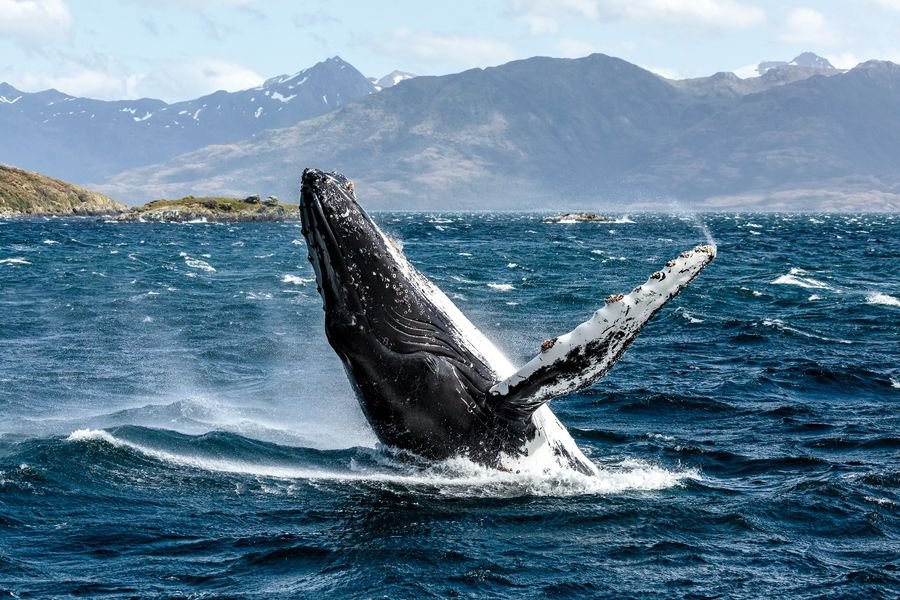MERI Foundation, under the slogan “All Together” seeks to make visible the reality of marine mammals on our coasts, which are in constant danger due to maritime traffic.
Under the slogan “All Together” MERI launched a campaign on social media aimed at raising awareness among Chileans about the dangers faced by cetaceans and their importance for the ecosystem and the contributions they make to mitigate climate change.
The initiative seeks to unite all possible efforts to make visible the reality of marine mammals on our coasts, which are in constant danger due to maritime traffic. This year alone, four whales have been reported to have died from ship strikes.
“All Together” is part of The Blue Boat Initiative (BBI) project – led by MERI and the Ministry of the Environment. This project will install buoys with hydrophones in the Gulf of Corcovado, an area where the largest number of blue whales gather to feed, in order to detect the presence of cetaceans and alert vessels of their location.
“To date, the first campaign video has been viewed by more than 900,000 people, in just 10 days. The aim is to motivate people to join as ‘BBI Watchers,’ that is, as communicators and viralizers of the initiative through their own social media. If the issue of cetaceans permeates public opinion, we will be able to preserve this species,” said Ana María Molina, executive director of MERI Foundation.
Project Scope
The Blue BOAT Initiative has two main lines of work. The first consists of generating an early warning satellite system to alert vessels, sailing from Corcovado to the south, of the presence of whales so that they can take concrete measures or make the corresponding maneuvers to prevent ship strikes with the cetaceans. The second has to do with the capture of data that will allow us to better understand the ecosystem services of these cetaceans and other marine species.
This, added to the existing voluntary regulations, will allow vessels to have better information to take the necessary precautions to avoid collisions with large cetaceans.
Source: La Tercera





